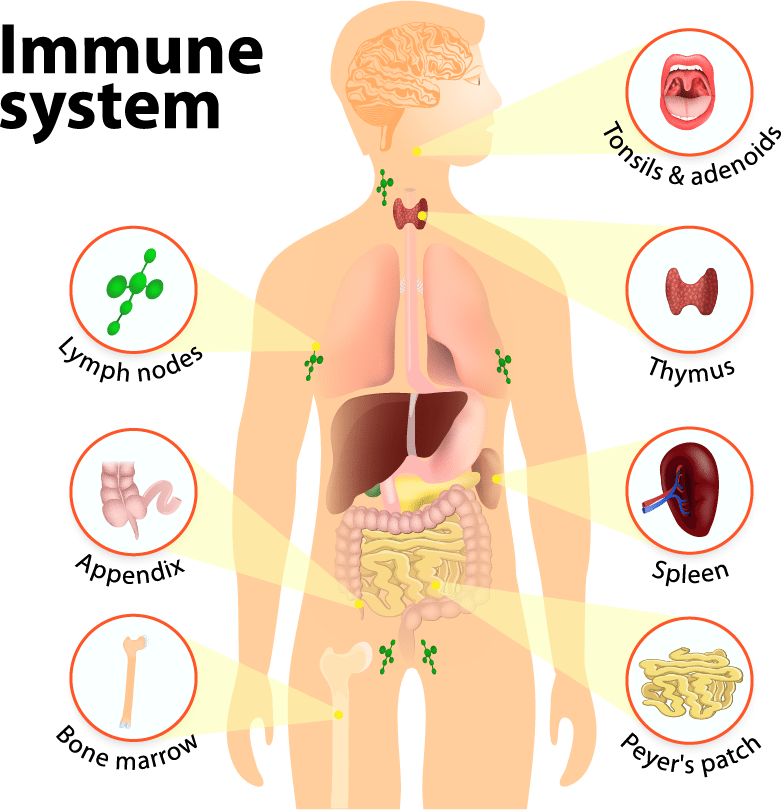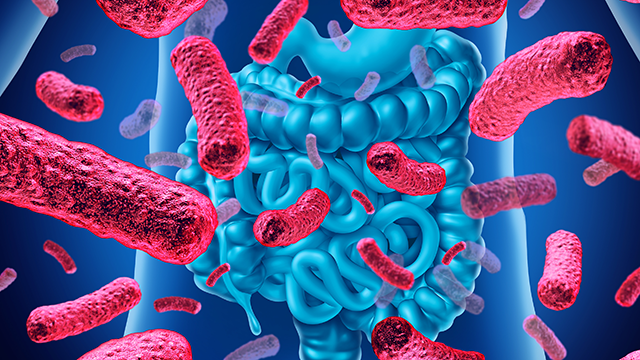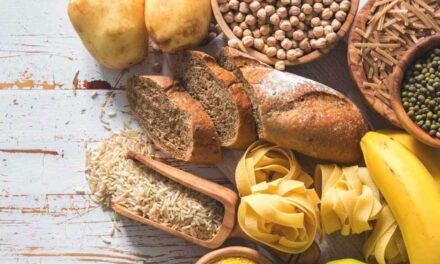As the world currently faces the pandemic of Covid-19 (also known as coronavirus), nations are searching for ways to keep themselves safe, healthy and reduce their risks of becoming ill by boosting their immune system. The immune system is made up of the skin, the spleen, the thymus, lymphatic vessels, lymph nodes and bone marrow. When exposed to potentially dangerous foreign bodies such as bacteria, viruses or chemicals, the immune system provides a response to protect the person from becoming unwell. The immune response causes cells to attack the foreign body and create antibodies against the bacteria/virus.

Sleep
It is no doubt that sleep affects your health and contributes to a healthy immune system, but how? Have you ever wondered why you sleep so much when you’re ill? That is because when you sleep, cytokine proteins are produced and released to help fight inflammation and infection. The less you sleep, the fewer cytokines are produced. Also, during deep sleep, the brain activates the response to remove toxins from the body, which also helps to prevent becoming ill.
Lower Stress
Stress causes an inflammatory response in the body that releases the hormone cortisol. Although short term this can be useful for the “fight or flight” response which is vital for survival as it helps to regulate blood pressure and blood glucose, high levels of cortisol over a long period of time can leave you vulnerable to infections and diseases. This is because high levels of stress increases levels of inflammation in the body which causes the immune system to become tired and overworked, therefore it won’t work as well. Stress also decreases the the white blood cells (lymphocytes) in the body that help fight off infection.
Certain foods
Although eating healthy won’t get rid of your cold or virus, eating nutrient rich foods helps to improve your bodily functions to support your immune system to fight it off.
Examples of foods that are vitamin rich:
Vitamin A : Sweet potato
Vitamin B6 : Chickpeas
Vitamin B12 : Clams
Vitamin C : Bell Peppers
Vitamin D : Fatty Fish
Vitamin E : Sunflower Seeds
Vitamin K : Kale
Calcium : Low fat Plain Yoghurt
Folate : Spinach
Iron : Red meat
Magnesium: Wheat Bran
Niacin: Peanuts
Potassium: Potatoes
Thiamin: Dried Yeast
Zinc : Oysters
Improve your gut health
Not all bacteria is bad. There are millions of bacteria in the gut that have vital roles in digestion and overall health. The cells in your gut actually make up 70% of the immune system to fight off bad bacteria and send messages to the brain to activate the immune response when in contact with a foreign body. To ensure the bacteria in the gut is healthy and functioning, they must feed on nutrient rich foods.
You can make simple swaps to your diet to improve your gut health


Ceri Sedgwick has always had an interest in health and fitness. As a registered nurse working in critical care, she applies her health and physiology knowledge not only to her career but to her own training and nutrition. Through social media, she has worked with many fitness brands and local businesses around Liverpool, giving her an insight into PR and content creation.














